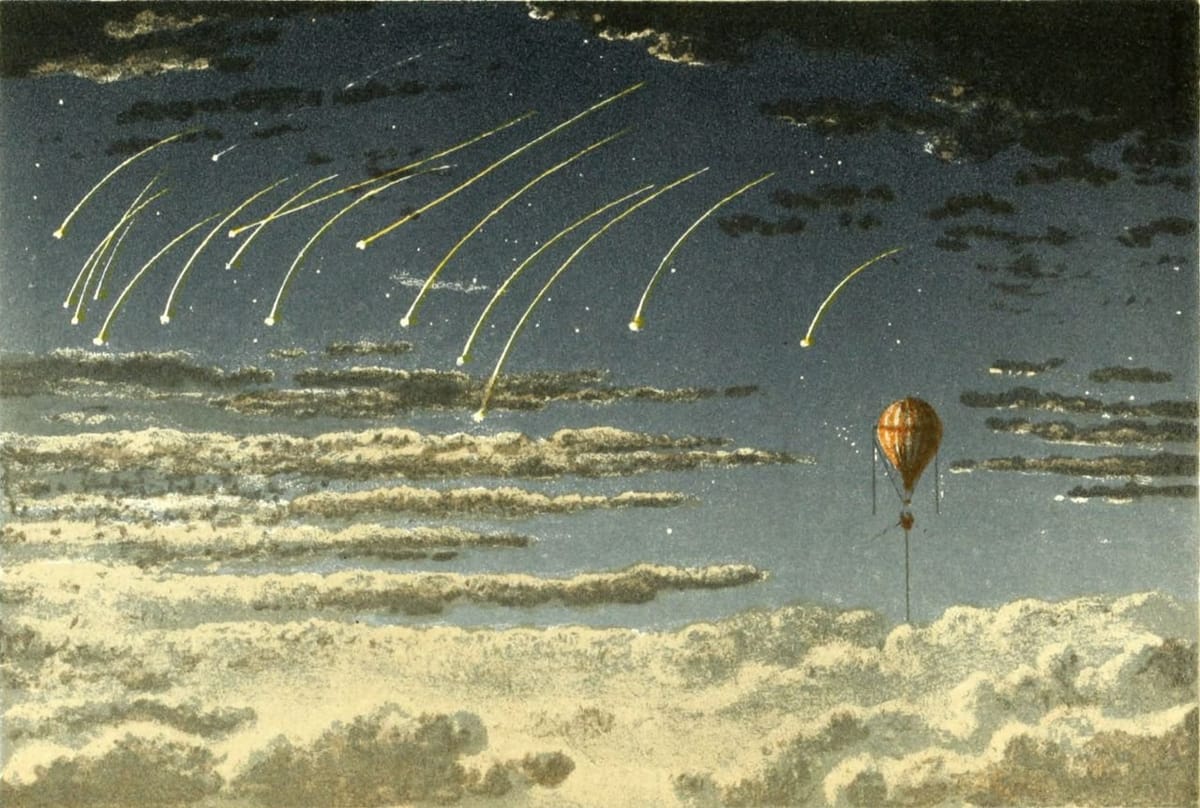Becoming your own teacher
No teacher can give us what we are looking for, because a teacher can only communicate knowledge, not the original intuition from which that knowledge arose.

I'm happy to announce that my paper proposal was accepted for presentation at Theory Underground's annual conference this year from Oct 24-27. Register here to attend online or in-person (I will be presenting virtually).
While you can find my paper proposal here, I want to share a deeper dive into an aspect of the paper which I've been thinking about consistently throughout the year – how the process of learning involves a deeper subjective shift which knowledge cannot achieve on its own power.
In Herman Hesse's novel Siddhartha, the young protagonist meets the Gautama Buddha, and brashly informs the Buddha why he can't follow his teachings – whatever the Buddha discovered in his enlightenment is an experience which could never be communicated through teaching.
Siddhartha asserts that an experience powerful enough to make the Buddha who he is could only have been attained by a long practice of learning from one's self, not by learning from another person. From this realization and his encounter with the Buddha, Siddhartha comes to intuit that no teacher can give him what he is looking for, because a teacher can only communicate knowledge, not the original intuition from which that knowledge arose.
This seems to be a basic limitation of knowledge. The Japanese philosopher Nishida Kitarō claims that all knowledge seeks to return to an original intuition from which it arose. However, he also argues, knowledge can only return to another idea, not to an intuition. Since an idea is not what originally produced the knowledge, knowledge cannot terminate upon itself – it's doomed to endlessly circle back on itself in search of what it cannot give itself.
From this description, we can start to paint a picture of learning as "working with intuition." As we interact with our world, gather information, and take action to change our environment, the detritus churned up by this process will be knowledge (of a more or less certain quality), but this knowledge cannot be substituted for the activity of learning itself. This is why a teacher's lecture can ultimately only serve to stimulate one's own process of transformation, not affect that transformation directly.
This concept of "becoming one's own teacher" recalls some of Nietzsche's words – "Do you wish to follow me? Follow yourself for a while, and in so doing you follow me." Nothing terrifies us so much as the prospect of following ourselves for a while, and the reasons for this are many. As people who have been formed from our earliest days in the context of a school, we have a deep craving to follow a pre-vetted process which will lead to a known outcome. Who will guarantee that we are doing it the correct way, and who will recognize the fruit of labors?
To make one's self their own teacher risks the creation of a new and strange outcome which might not fit onto anyone's pre-exiting cognitive maps. However, this danger remains inherent to any task of understanding. Hegel describes this journey as the immediacy of intuition becoming alienated from itself in an act of knowing, and then returning to itself transformed by this encounter with its own contradictions. What returns to itself is not knowledge though, but a living and active Spirit.
Learning demands of us that we step into Spirit's consuming fire in which our intuitions undergo a trial, and the outcome of this contest cannot be known or controlled ahead of time, for it's precisely the abandonment of giving ourselves over to this process which enables the process to work. When we become our own teacher, we allow ourselves to participate in the alienating and reconciling process of Spirit making itself its own teacher in order to learn about itself.
One can become their own teacher precisely because we are divided beings, and that which is struggling to be born is us and is more than us. Any education which takes recourse to a master who guarantees the safety of this passage is not worthy of the crown "learning." Such an education does not rise above the level of mere utility, and thus can never touch the playfulness of Spirit.
Please join us for the conference, either IRL or virtually, by registering here. Theory Underground offers courses, lectures, workshops, and publication opportunities for first-timers and veterans in the theory space, so I highly recommend checking out that community. I'm excited to be able to share my work with that community in October!
